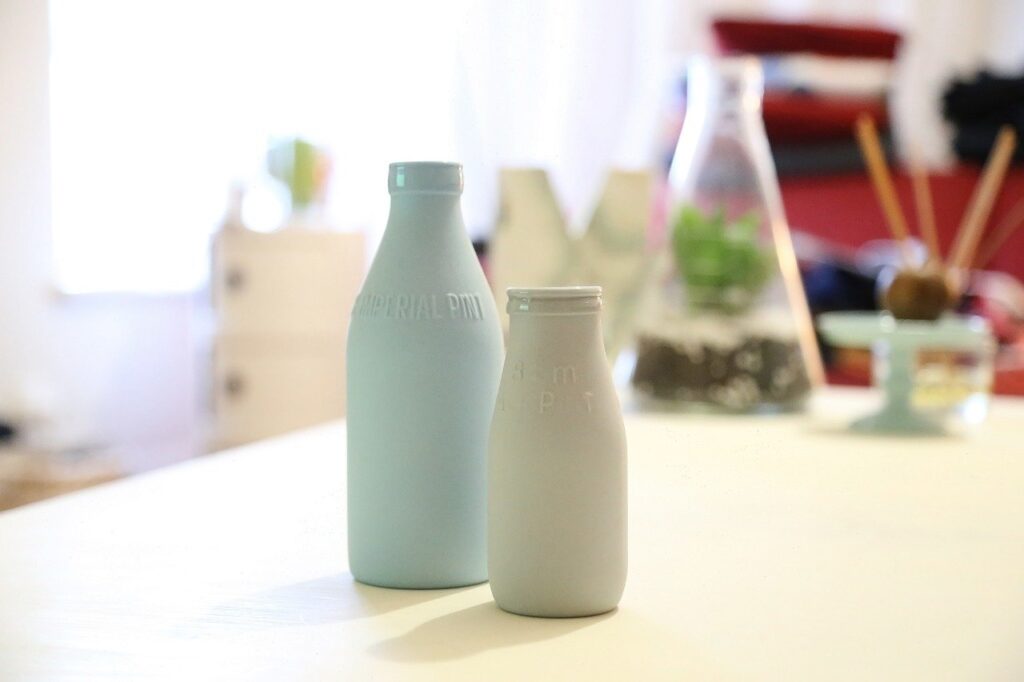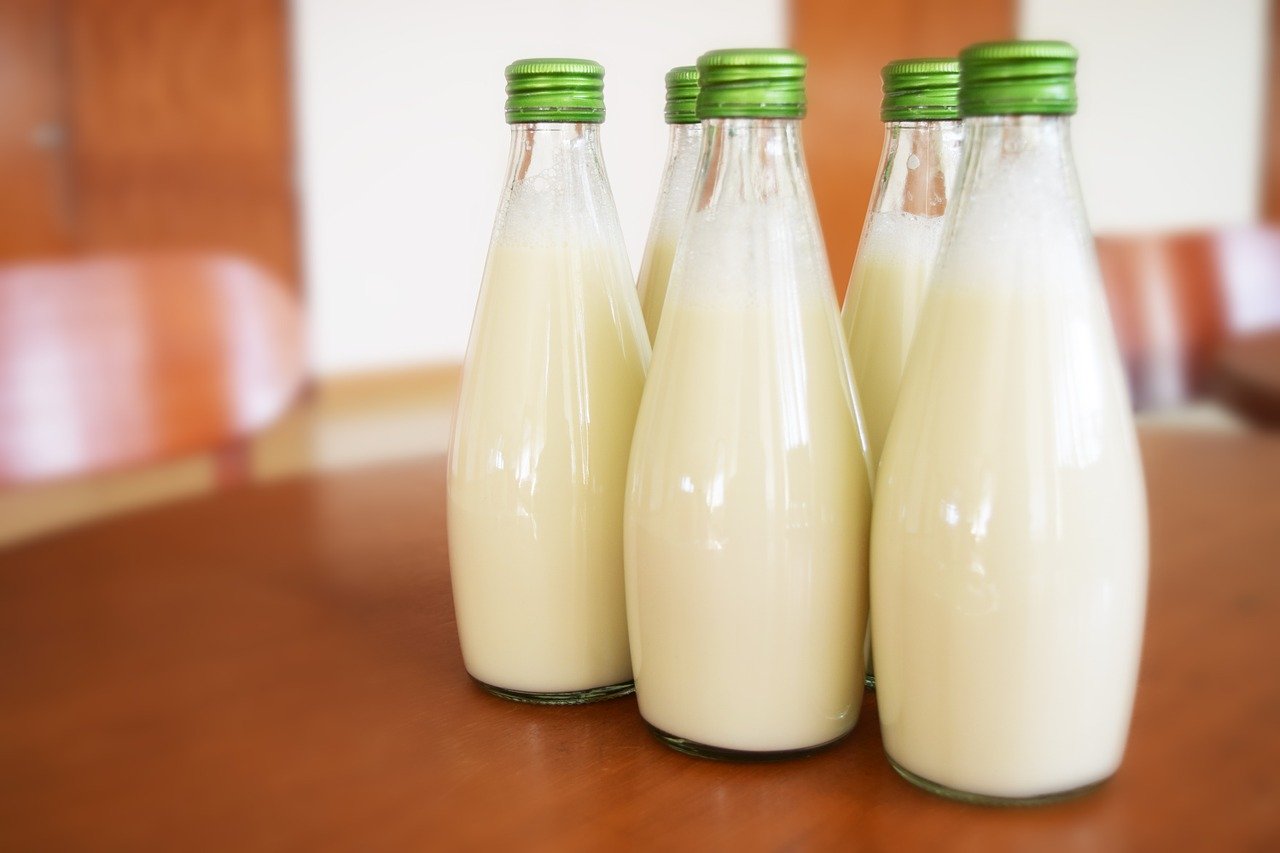
If you plan on having a baby and know you either can’t breastfeed or you’re choosing not to, you may be wondering, what happens to the milk?
I had the same question with my second pregnancy and I was surprised at how little information I could find on the topic. That’s what inspired this post! Since having my second daughter, I’ve been asked by multiple women that same question – what happens to breast milk if you don’t breastfeed?
Here, I’ll share with you my personal story about what happened to the milk and my body after my second daughter was born, when I didn’t breastfeed at all. (If you want to read more about my choice to only formula feed her, you can check that out here.)
With my oldest daughter, I had no trouble producing milk. I breastfed her from that first feeding in the hospital. I made quite a bit and had to pump at times to relieve the pressure. This made me wonder what was going to happen when I had my second baby. I knew I wasn’t going to breastfeed this time, so what was going to happen to the milk?

OUR BODY
Our bodies are amazing, and they begin the process of making milk during pregnancy. Once the baby delivers, our bodies start making more milk almost immediately. However, if you don’t breastfeed or express the milk at all, then the body will slowly stop making it.
According to Diane Spatz, Ph.D., RN-BC, FAAN, “if you’re not breastfeeding or pumping, it typically takes seven to ten days after delivery to return to a non-pregnant/non-lactating hormonal level.” (Read the full post here.) During that time, some women experience a lot of pain because their breasts become engorged (that would be me). Others experience very little discomfort.
MY STORY
The day I gave birth, I don’t recall my breasts feeling much different. Then again, this could be due to the pain medication or just being focused on my new baby, but either way I didn’t notice much difference that first day.
By the second and third day, I felt very swollen and my breasts were extremely tender. It was uncomfortable to do any kind of moving around. They were extra sensitive and leaking because my body hadn’t completely stopped making milk yet.
According to Dr. Lakeisha Richardson, board-certified OBGYN, this is common. “Most women will experience breast engorgement and milk let-down two to three days after delivery, and many women will leak during those first few days, as well,” she says. (You can read more from that post here.)
AT HOME CARE
I returned from the hospital two days after I gave birth to my daughter. While I was in the hospital, I wore a sports bra and continued to do the same thing at home. Wearing a fitted bra can help decrease engorgement but be careful not to bind your breasts or wrap them too tightly. Binding them too tight can actually cause more pain and more leaking. A supportive bra that is just tight enough to keep them from moving around will do.
In addition to wearing a sports bra, I tried to keep my breasts away from warm water as much as possible. Warm or hot water can cause your breasts to express the milk so when I took a shower, I made sure not to let the water fall directly on my chest.
Other than that, I just took Tylenol as needed and waited it out. After about a week, the swelling finally went down, as well as the pain.
OTHER RECOMMENDED TIPS
Here’s some other methods used to help dry up the milk and decrease the pain:
Ice packs – A cold gel or ice pack, bag of frozen vegetables or a frozen wet towel can all be applied for about 15 minutes every hour to ease the pain.
Cabbage – Cabbage leaves have been known to suppress lactation and ease the discomfort as well. To use, make sure to wash the leaves well first. Then, place the leaves in a container and put them in the fridge or freezer. Once they are cool, place them on your breasts before putting your bra on and remove once they start to wilt. A good friend of mine swears by cabbage leaves!
Herbs – Several herbs have been linked to decreasing milk supply, according to a 2014 study, including sage, peppermint and jasmine. Talk to your doctor first before taking herbal supplements to wean your milk supply.
Sudafed – Sudafed was shown to significantly reduce milk supply in a small study done in 2003. Not much research has been done since though. As always, check with your doctor before trying any OTC medications.
I hope that helped answer some questions! Was there anything that helped you dry up your milk?





